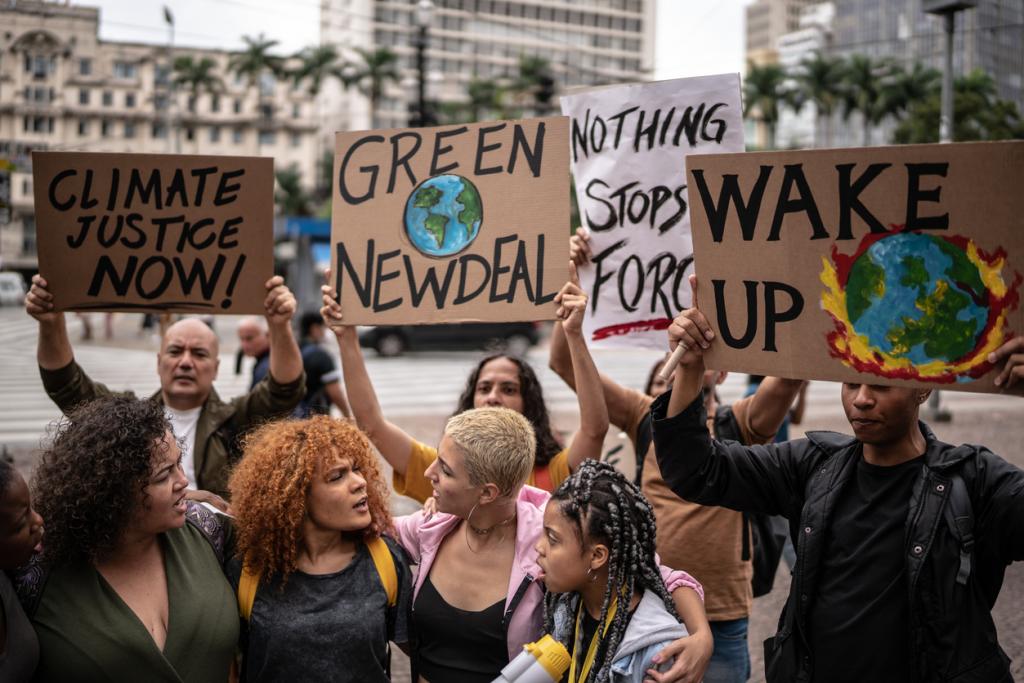When American voters are asked about their top concerns, they often cite issues like the economy, inflation, crime, healthcare, and education, commonly referred to as kitchen-table issues.
According to Gallup surveys conducted in 2023 and 2024, less than 5% of respondents identified climate change as the most pressing problem facing the nation during those years.
However, research conducted by myself and colleagues indicates that despite its relatively low ranking among voter concerns, climate change has exerted a notable influence on electoral decisions in the last two presidential elections.
Our analysis, published on January 17, 2024, through the University of Colorado’s Center for Social and Environmental Futures, suggests that climate change opinions may have played a significant role in tilting the 2020 election in favor of President Joe Biden.

To understand the impact of climate change on elections, we examined survey data from the nonpartisan organization Voter Study Group for the 2016 and 2020 elections. The data encompassed thousands of voters’ presidential preferences along with their demographics and opinions on various issues, including climate change.
In 2020, 67% of voters considered climate change to be either “somewhat important” or “very important,” an increase from 62% in 2016. Among voters who deemed climate change important, 77% supported Biden in 2020, compared to 69% who supported Hillary Clinton in 2016. This suggests a growing electoral advantage for Democrats linked to climate change opinions.
Through statistical modeling, we estimated that climate change opinions might have shifted the 2020 national popular vote margin by at least 3% in Biden’s favor, which could have impacted the Electoral College outcome.
These findings align with a November 2023 poll indicating that more voters trust the Democratic Party’s approach to climate change over the Republican Party’s stance.
Despite climate change not being a top priority for most voters, several factors may explain its electoral impact. Firstly, recent presidential elections have been closely contested, meaning even a marginal shift in voter sentiment could sway results.
Secondly, candidates’ positions on climate change, particularly denial of its reality or significance, might influence moderate swing voters. Lastly, some voters recognize the interconnectedness between climate change and other pressing issues like health, national security, and the economy.
In terms of candidate stances, there are stark differences between Biden and former President Donald Trump. Trump has dismissed climate change as a “hoax” and withdrew the U.S. from the Paris Agreement in 2017, a move Biden reversed in 2021. While Trump rolled back numerous environmental regulations during his tenure, Biden has reinstated many and implemented new measures to address climate change.
Looking ahead to the 2024 election, if current trends persist, climate change could further bolster Democrats’ electoral prospects. However, this does not guarantee a Democratic victory, as other issues like immigration currently dominate voter concerns.
Despite a majority of voters favoring climate-conscious policies, Democrats must navigate potential challenges such as economic implications and framing of their policies to maintain support.


